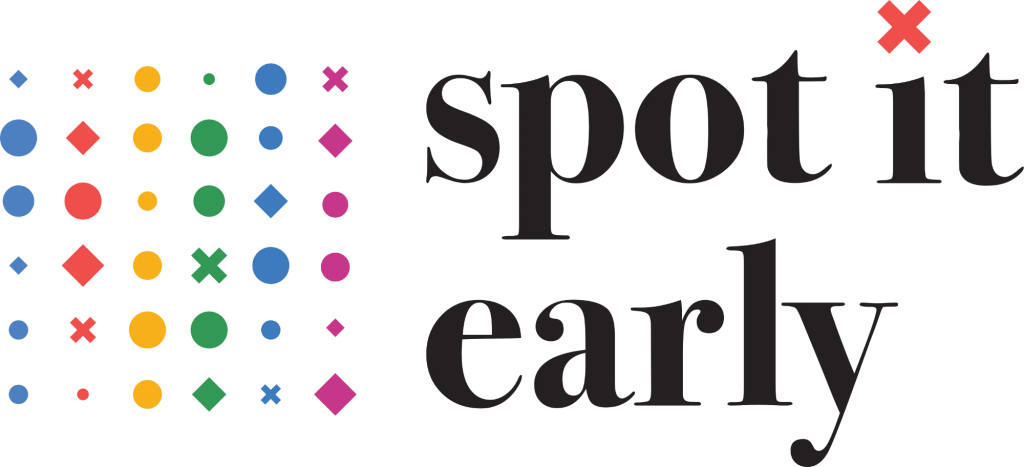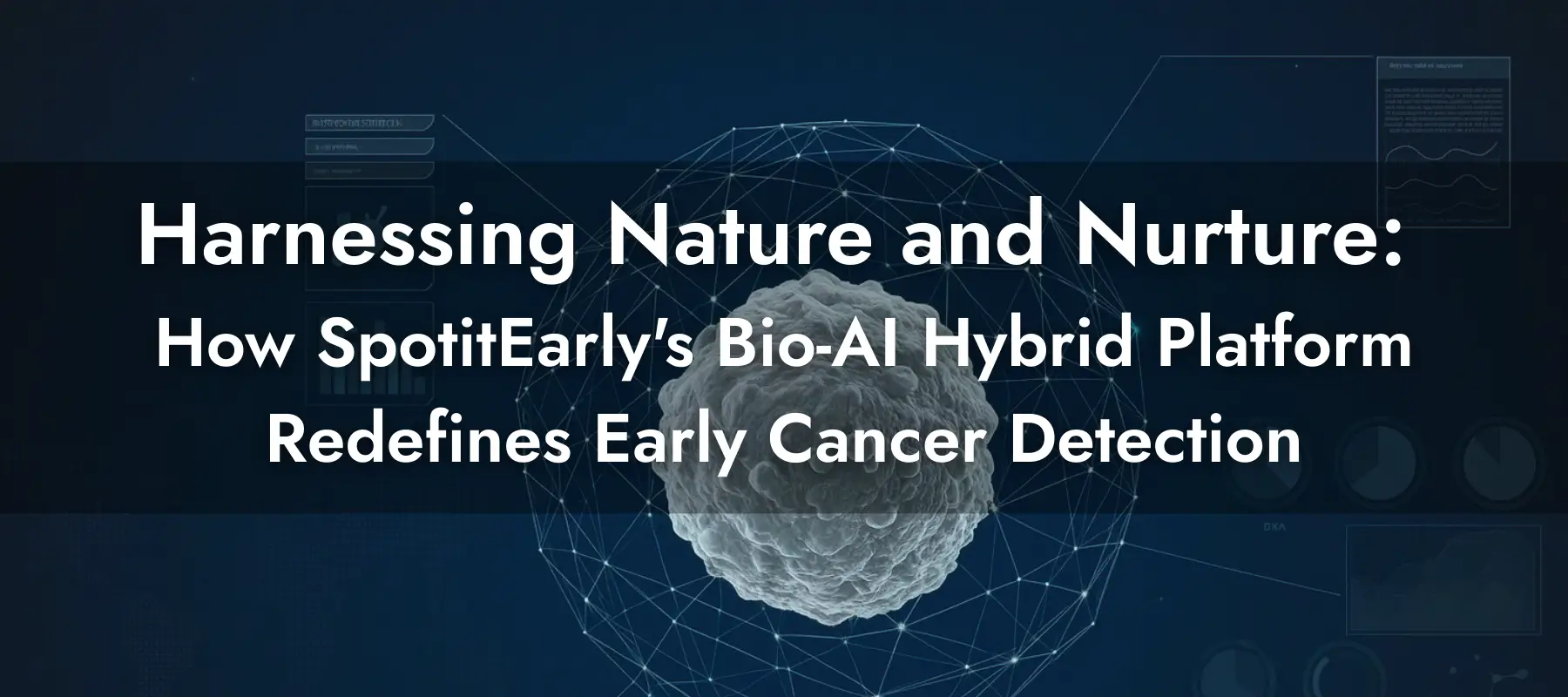Harnessing Nature and Nurture: How SpotitEarly’s Bio-AI Hybrid Platform Redefines Early Cancer Detection
The frontier of medical diagnostics is rapidly evolving, driven by the convergence of diverse scientific disciplines. In this exciting landscape, where biology meets artificial intelligence, a revolutionary approach to early cancer detection is emerging. SpotitEarly is pioneering a bio-AI hybrid platform that integrates the unparalleled olfactory capabilities of trained detection canines with advanced Deep Learning algorithms, transforming how we identify cancer at its earliest, most treatable stages. This innovative synergy promises to transcend traditional diagnostic limitations, offering a scalable, non-invasive, and highly accurate solution for multiple cancer types screening.
The Unrivaled Nose: Nature’s Diagnostic Powerhouse
At the heart of SpotitEarly’s technology lies the extraordinary biological ability of detection animals, particularly canines, to discern minute concentrations of Volatile Organic Compounds (VOCs). Cancerous physiological processes produce detectable odorants, or VOCs, which are exhaled in breath, sweat, saliva, urine, and other bodily fluids. Canines possess extremely sensitive olfactory receptors, allowing them to pick out specific scent molecules, even at low concentrations. Unlike conventional diagnostic tools that may struggle with the low signal-to-noise ratio of early-stage cancer VOCs, trained canines can produce a distinctive odor profile indicative of various cancer types.
SpotitEarly leverages this innate biological excellence through a meticulously designed system. Patients collect breath samples using an innovative and easy-to-use at-home breath collection kit that isolates VOCs and ensures their integrity during transit to the lab. These samples are then presented to qualified detection canines within a controlled laboratory environment. This “bio-sensing” step is critical, as it taps into a natural diagnostic ability that chemical and analytical sensors are far from being able to replicate.
Intelligence Unleashed: The LUCID AI Platform
While canine olfaction provides unmatched sensitivity, the challenge for large-scale clinical application lies in ensuring consistency, reproducibility, and the ability to process vast amounts of samples efficiently. This is where SpotitEarly’s LUCID platform comes into play, elevating the “bio” element with sophisticated AI technology.
The LUCID platform is SpotitEarly’s proprietary data and lab management system. It manages tests, stores data, and allows critical decisions throughout the diagnostic process, including determining the final result. The system integrates proprietary hardware devices, an array of sensors and software. It is designed to track samples from early registration to final diagnosis and automates the diagnostic process to minimize human intervention and reduce error rates.
Unmatched Accuracy through AI
The AI component within LUCID is crucial for achieving high diagnostic accuracy by amplifying the natural abilities of the detection canines. While dogs provide unparalleled sensitivity in detecting Volatile Organic Compounds (VOCs) associated with diseases, the AI adds precision and scalability.
Here’s how AI enhances accuracy:
- Data Integration and Interpretation: LUCID collects and analyzes thousands of data points every second, including physiological responses and behavioral cues from trained sniffer dogs as they screen samples. It also incorporates patient demographic and medical history information.
- Pattern Recognition and Refinement: Advanced deep learning algorithms analyze these diverse data streams to identify cancer-signal patterns. The AI learns continuously with each new dataset, improving its ability to distinguish true cancer signals from false positives.
- Confidence Scoring: The system provides a confidence score with each result output, quantifying the model’s confidence in its prediction.
- High Performance Metrics: SpotitEarly’s clinical trials have demonstrated high overall accuracy (94.1%), sensitivity (93.9%), and specificity (94.2%) across four common cancer types (lung, breast, colorectal, and prostate). This performance includes impressive sensitivity of over 90% for early-stage detection (stages 1-2).
Enabling Global Scale
AI is fundamental to the scalability of SpotitEarly’s solution, enabling high-throughput processing that would be impossible with canine-only methods.
- High Processing Capacity: A single lab facility equipped with the LUCID platform is designed to process over a million breath samples every year. This is achieved by optimizing dog performance and minimizing manual logistics through proprietary sniffing devices developed for this purpose.
- Global Replicability: The modular design of SpotitEarly’s labs and the LUCID platform ensures that facilities can be easily replicated worldwide. This focus on scalability also underpins the company’s commitment to equitable healthcare, ensuring life-saving screening can reach underserved populations regardless of geography or income.
- Cost-Effectiveness: By streamlining workflows through AI and canine olfaction, SpotitEarly reduces operational costs without compromising accuracy. The breath-based test is non-invasive and can be self-administered at home, further increasing convenience and accessibility.
A Paradigm Shift in Early Detection
SpotitEarly’s bio-AI hybrid system represents a disruptive approach to medical diagnostics. Current cancer screening methods can be expensive, invasive, and require point-of-care visits. Liquid biopsies, while less invasive, are currently less effective for detecting cancer at early stages. SpotitEarly’s technology addresses these limitations by developing a highly accurate, non-invasive, and cost-effective solution.
The collection process, using a breath collection mask, is designed for ease of use, allowing patients to perform the test at home or in clinical settings. This quick, non-invasive step minimizes friction with the healthcare system, benefiting underserved populations who might face barriers to traditional screening. The potential for saving lives and reducing healthcare costs is substantial; a 1% improvement in localized cancer diagnoses for lungs and bronchi alone could save 560 lives and $136 million annually. Applying this logic to other cancers could result in ten times the savings.
Competitive Differentiation
SpotitEarly’s bio-convergence model offers a pioneering and ambitious approach to healthcare diagnostics. By intelligently merging the biological strength of canines with advanced AI and data infrastructure, this model is designed to overcome many limitations of current screening methods. This fusion of natural and artificial intelligence promises a future where early disease detection is accurate, accessible, and transforms patient outcomes globally.


Subscribe Now to the Bio-Startup Standard
Notify me for the next issue!


